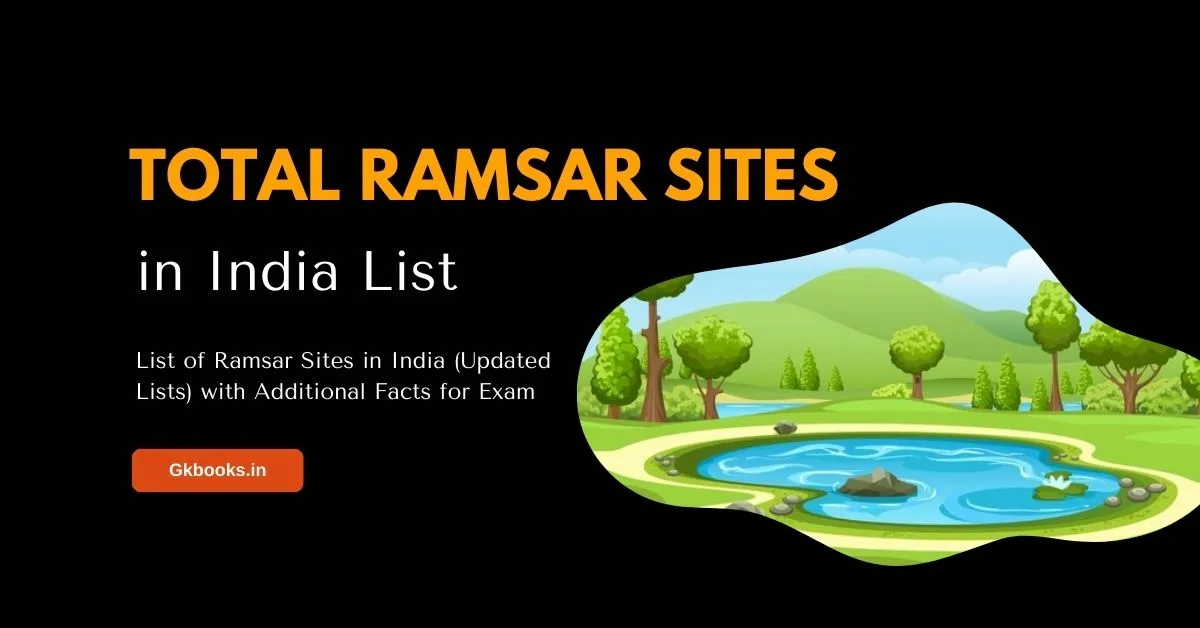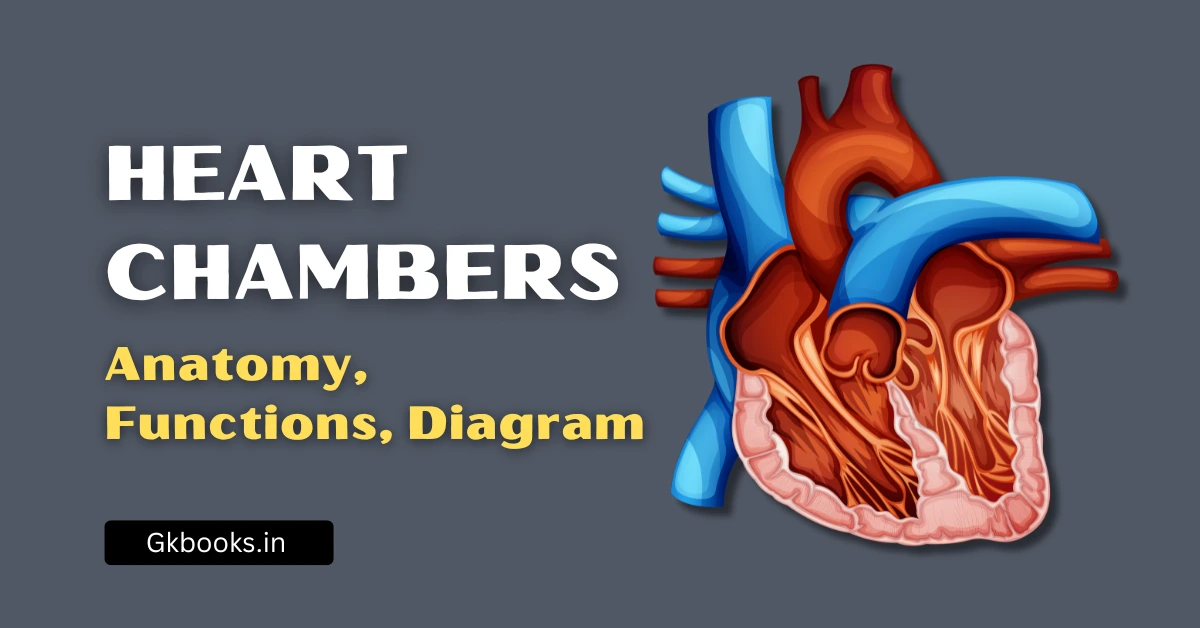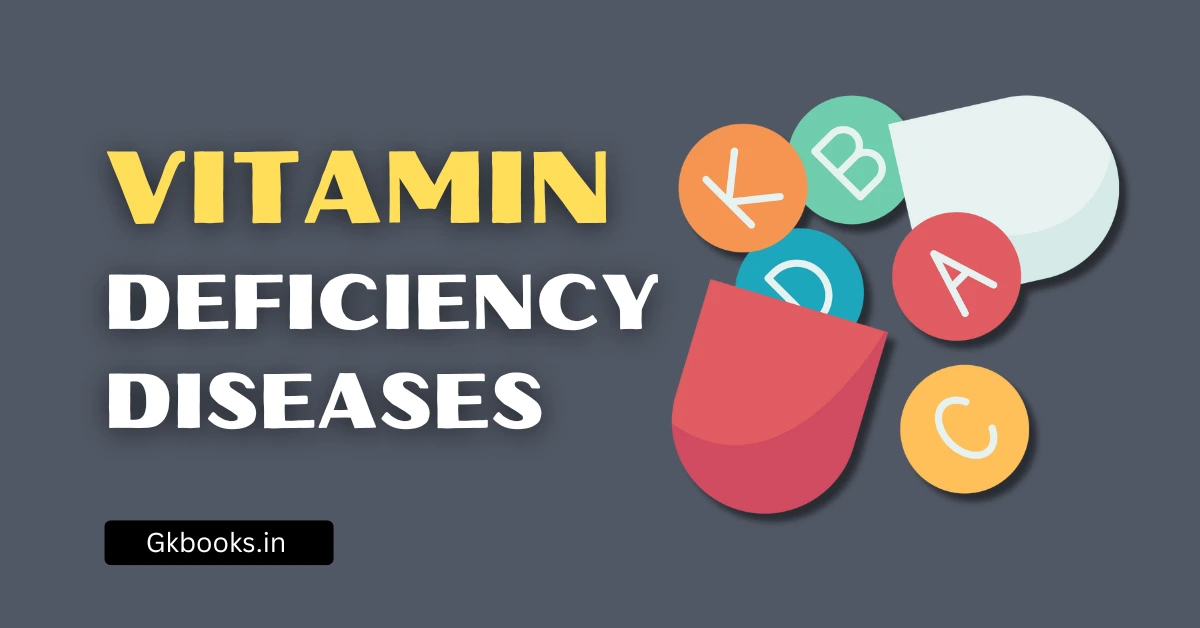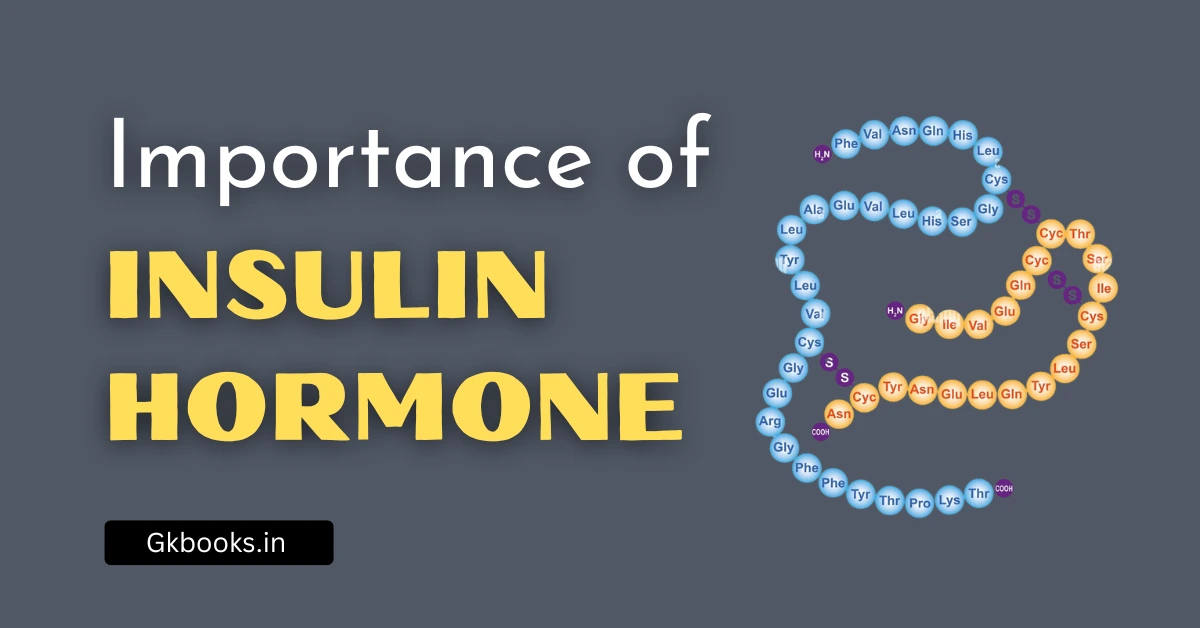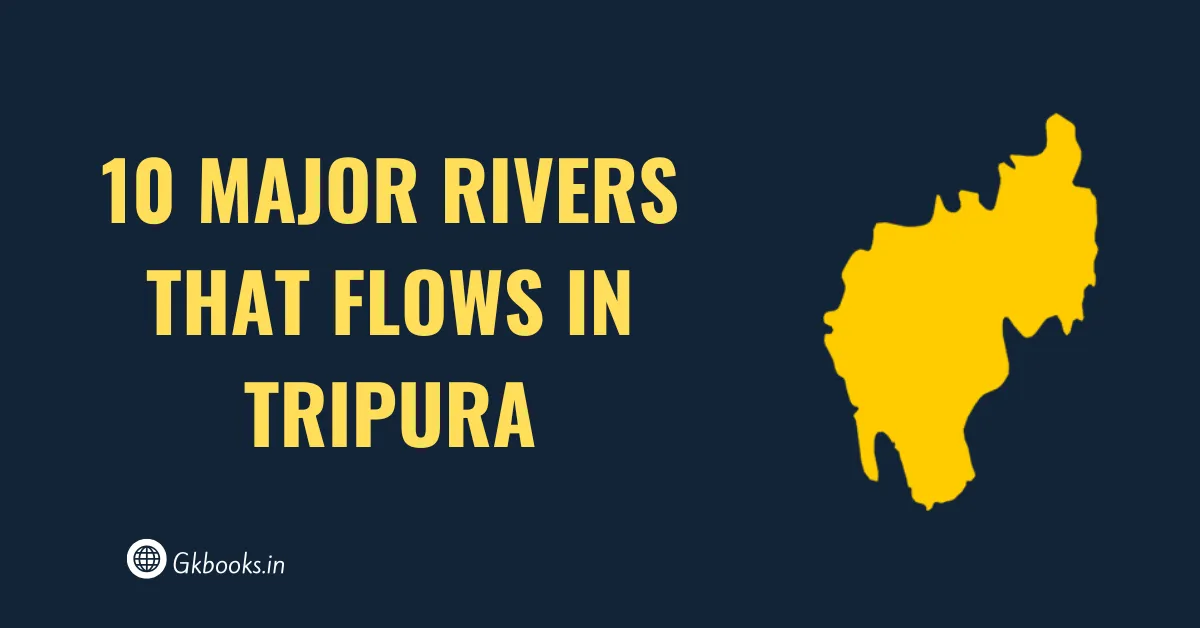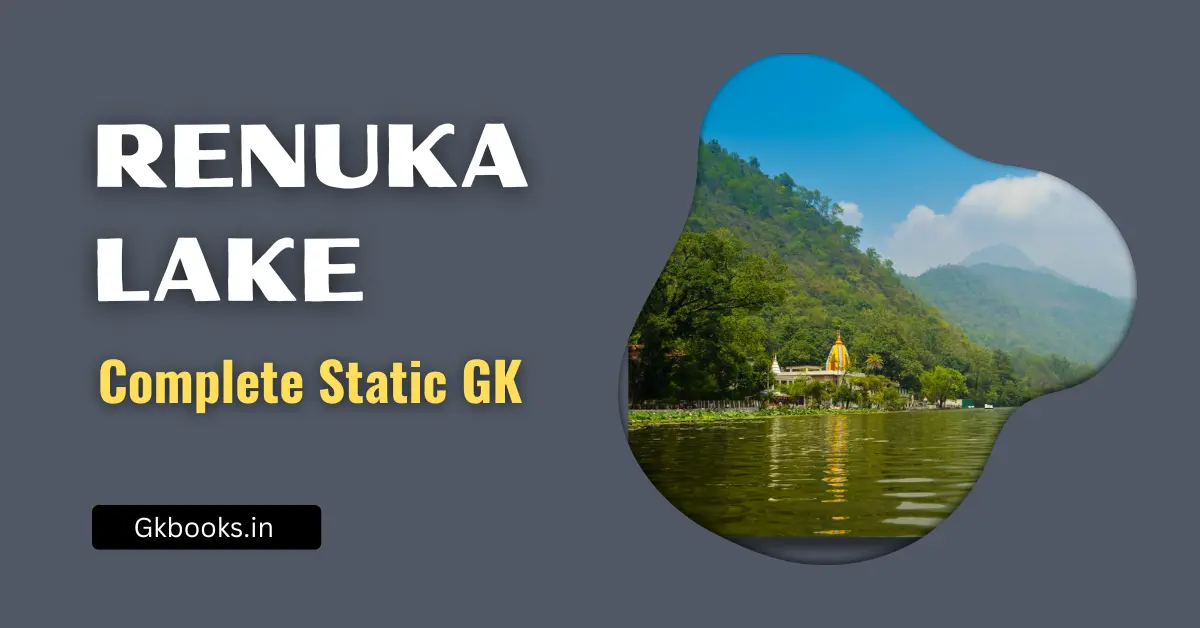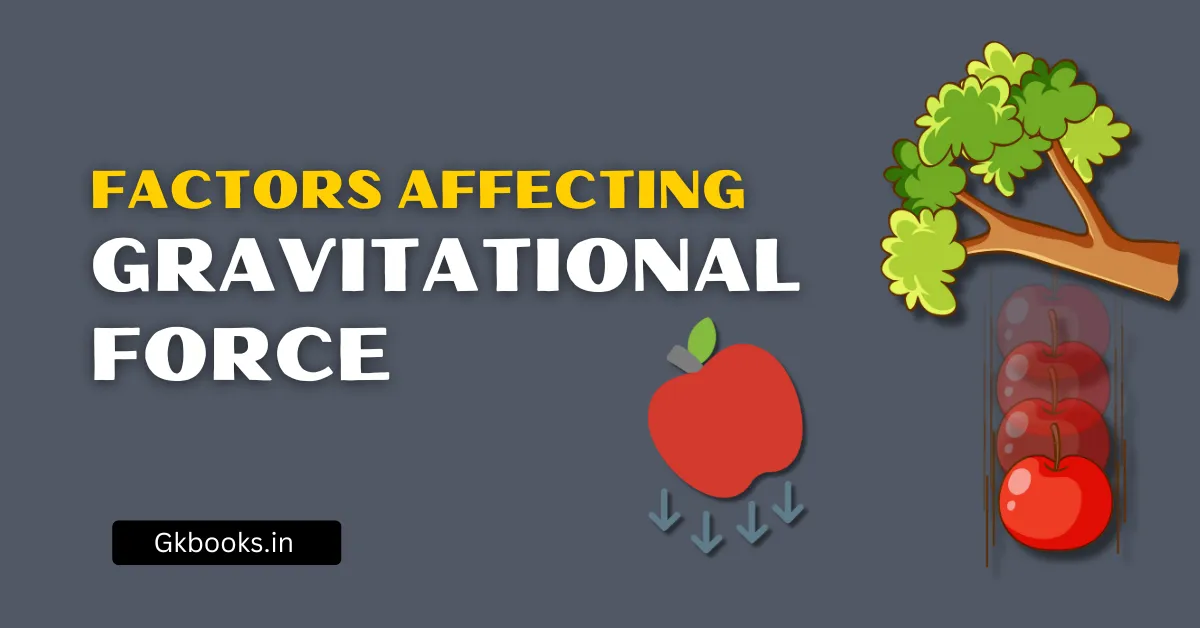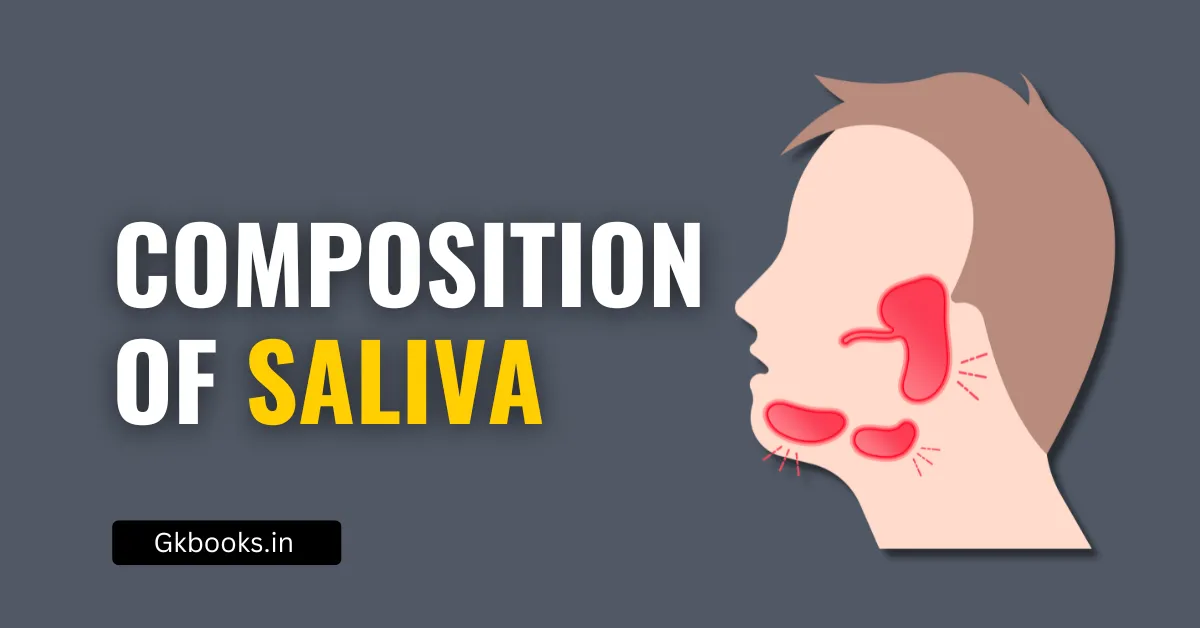Mastering 96 Ramsar Sites of India (2025): Updated UPSC Notes
At present, India is home to a total of 96 Ramsar sites. In this article, we explore the definition and significance of Ramsar Sites, shedding light on their names and locations across different states in India. The term “Ramsar Sites” originated when the International Treaty for the Conservation and Sustainable Use of Wetlands was signed … Read more
